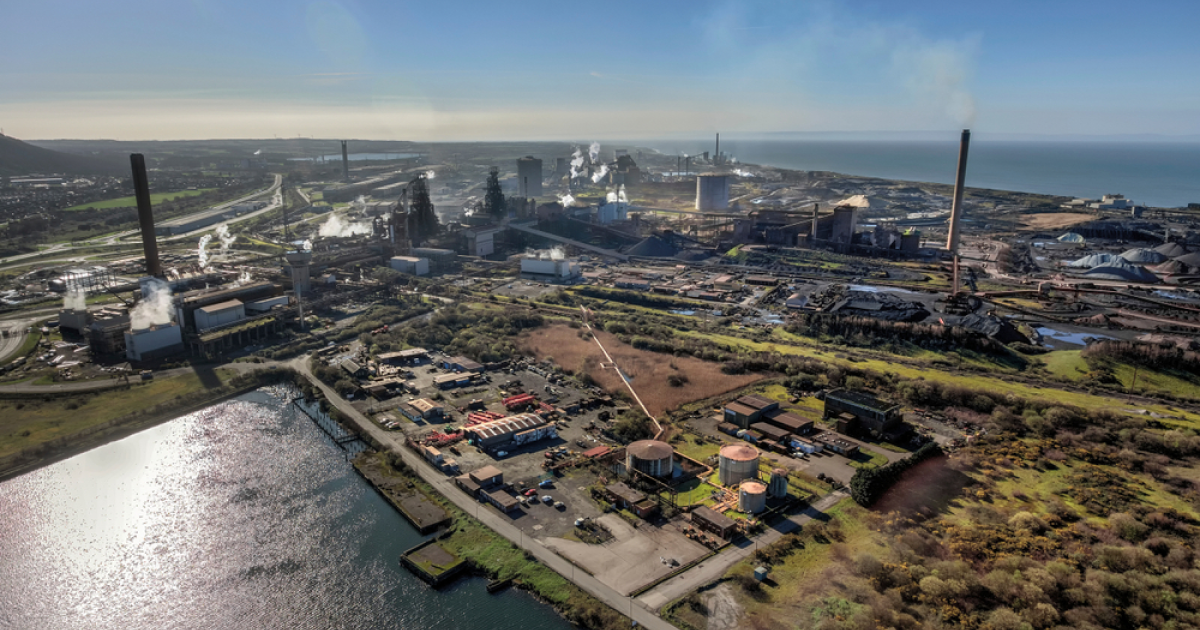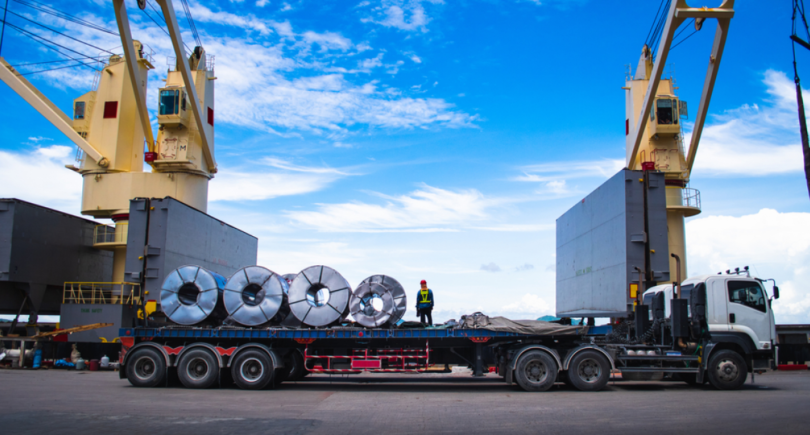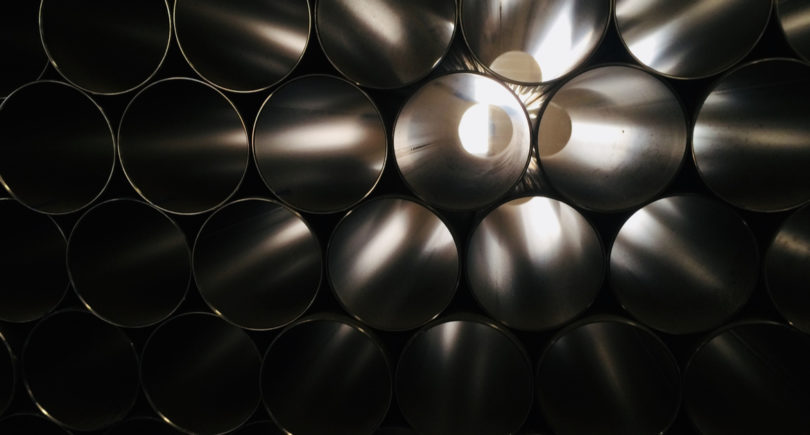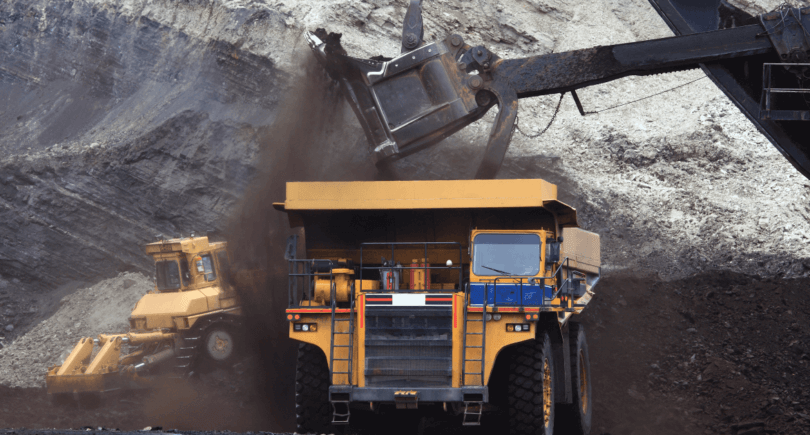
News Global Market Tata Steel UK 1268 17 April 2023
The parties are still considering the request for an aid package
Tata Steel’s talks with the UK government on the financial package are still ongoing. T.V. Narendran, CEO and Managing Director of an Indian steel company, reports about it. Financial Express informs about it.
Tata Steel and the British government are still reviewing the request and no conclusions have been reached.
Tata Steel owns the largest steel plant in the UK in Port Talbot (South Wales), and provides jobs for about 8 thousand people in the country. The company has asked for £1.5bn from the UK government to support its decarbonisation plans. A counteroffer was made in early 2023, but the amount was much lower than the steelmaker’s expectations. Narendran also noted that Tata Steel cannot see its future in the UK without the support of the British government.
At the beginning of 2023, the government of Great Britain offered a package of financial assistance for the implementation of a green transition for the country’s two largest steel companies – British Steel and Tata Steel UK in the amount of about £300 million ($371 million) in grants each. The funds are intended for the transition of steelmakers from blast furnaces operating on coking coal to electric arc furnaces, as well as for the compensation of electricity costs.
In late March, there were reports that Tata Steel may stop one of the two blast furnaces (BFs) at the plant in Port Talbot (the UK) if the government does not announce support for the decarbonization of steel industry by July 2023. The company needs to decide whether to extend the service life of the blast furnace, stop it or replace it with an electric arc furnace. The eventual closure of the BF could result in the loss of thousands of jobs and harm UK industry.
As GMK Center reported earlier, the UK announced updated rules under the Public Procurement Notice (PPN) for steel, which require reporting of its origin in government projects. The updated rules are intended to increase the prominence of UK-made steel in collection for government projects and help trace the source of products from sanctioned countries




